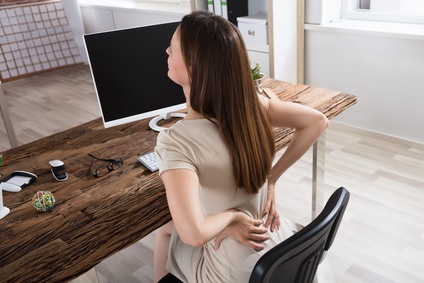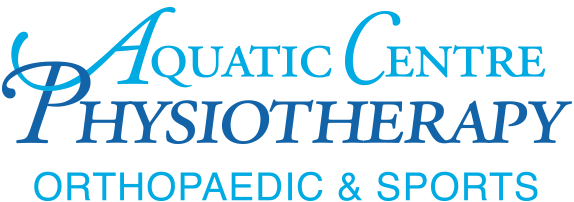
17 Nov 2017
Sitting: Tips to Create Healthy Office Habits
It is well documented that prolonged periods of sitting is responsible for an increased risk in a range of diseases. Simply put, sitting is bad for your health. So even the most ergonomically perfect office set up is not ideal if you are still sitting for 8-10 hours a day everyday which is why developing healthy office habits is key to maintaining good physical and mental health.
The simple solution is move. Creating a dynamic office environment with upright work station options, standing or walking meetings and an environment where you actually get up and physically go talk to your colleagues across the room when you need their input rather than staying sitting on your butt and emailing or calling them from your chair will have a positive impact on your health.
If you do have to sit because you don’t have the option of a variable sit to stand desk at work then consider trying some of the following:
- Try sitting on the edge of your seat, with an erect lumbar spine curve. Sitting this way is a core workout in itself.
- Try using an ergonomic kneeling seat rather than a standard chair.
- Take breaks to stand regularly, consider every time you are on the phone to be a cue to stand.
- Look to regularly change your sitting position to allow some muscles to work and others to rest.
- Consider sitting on an exercise ball at work.
With any of these ideas introduce them slowly into your work routine. As simple as they seem you may need to condition your lower back and core to work which can take a few weeks for your back to get used to the change.
Be Active Whilst Doing The Mundane: Make New Habits
Forging new healthy office habits at work or forming new habits in general is difficult but turning simple activities into opportunities to be active is a way to improve office health without actually eating into your busy schedule.
- Take using the photocopier as an example. Commit to yourself that every time you go to the copier machine, you do a few stretches for your arms, legs or back or do a set of air squats whilst you’re waiting for it to finish.
Obviously it doesn’t have to be the photocopier, other examples are every time you go get a coffee or tea, or use the bathroom it becomes an opportunity to stretch or exercise.
So you say you would feel like an idiot doing this in front of your colleagues? You aren’t going to feel like an idiot if everyone does the same thing. Try and set up exercise stations with your colleagues around the office where the photocopier is the stretching your back station, the water cooler is 10 X squats and the coffee machine is arm stretching exercises. If these exercises are pinned up in clear view of everyone using the equipment then it may quickly become the norm around the office and everyone wins.
Create A Balanced Workstation
Ergonomics should me more than just considering your chair and computer monitor height. Something that is frequently neglected is symmetry at the work station. It is important to consider a balance of right and left activities distributing the load across the limbs as well as across how your head is positioned.
Are you always favouring turning to the right or the left or reaching and leaning towards the right or the left.
- Positioning things in your work space so it encourages you to operate in a more balanced fashion around the work station. Doing this will help fight imbalances in your body and encourage movement in all directions not just the same repetitive ones in your day over and over again.
Drink Plenty Of Water
The final of our healthy office habits tips is staying hydrated. Hydration is crucial to function and the musculoskeletal system is no different to the rest of the body in this respect. Dehydrated spinal discs as well as dehydrated muscles and joints are potentially at greater risk of being injured.
Increasing hydration can actually assist you in reducing repetitive strain injuries. So taking regular water breaks throughout the day where you consume small quantities regularly is a great way to combine hydration and exercise.

